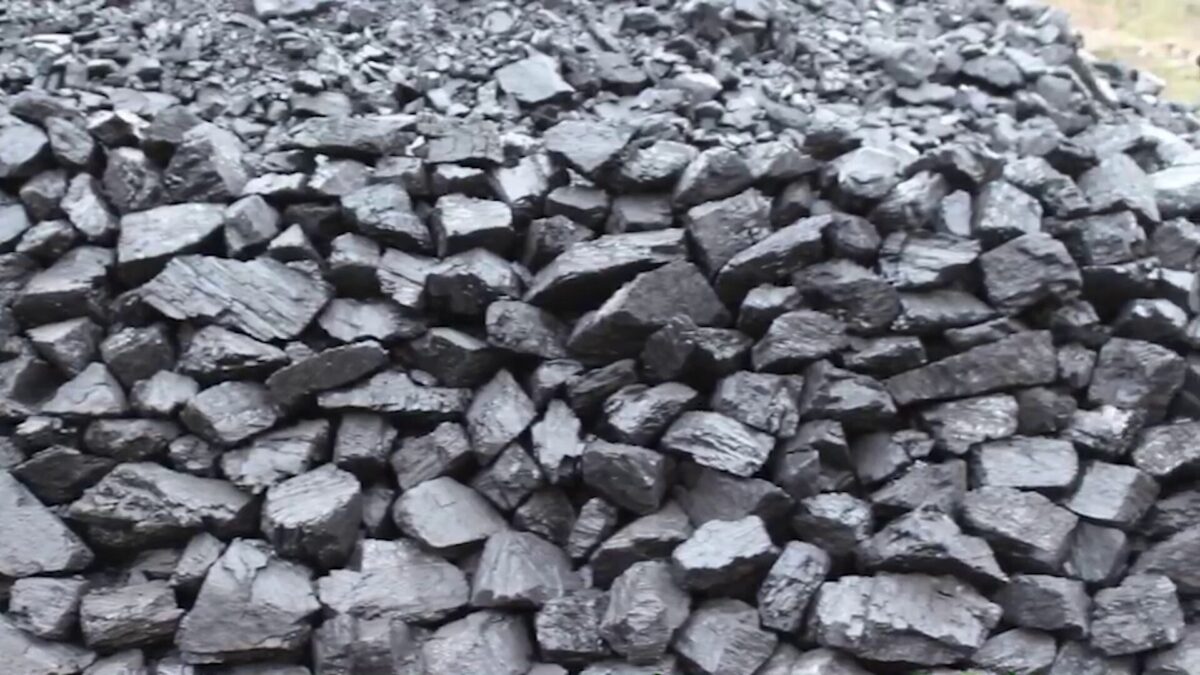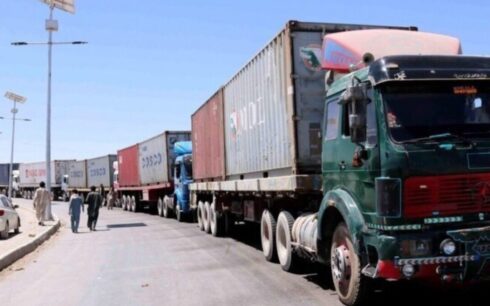Hundreds of workers at the Dara-e-Suf coalmine in Samangan province, northern Afghanistan, have lost their jobs due to a suspension in coal exports to Pakistan, officials at the mine report.
Aziz-Ur-Rahman Mosleh, the manager of the Dara-e-Suf coalmine, noted a significant decrease in coal sales, dropping from 11,000 tons per day to 5,000 tons. Dara-e-Suf, a key coalmine in the region, has seen reduced activity following an increase in the Taliban government’s customs tariffs on coal exports.
Last year, the Taliban’s Ministry of Finance reported over 12 billion Afghanis ($169 million) in revenue from coal export tariffs to Pakistan in the first ten months. This increase in tariffs has led to a decline in coal exports, affecting the mine’s operations and market.
Mosleh mentioned that the decrease in exports and local insecurity has led to unemployment and a stagnation in the coal industry.
“Vehicles have been stopped and coal is not exported and people are unemployed. I think that Pakistan’s insecurity has had a negative impact on coal business,” Mosleh said.

Workers from Samangan and neighboring provinces, who rely on the mines for their livelihood, are facing reduced wages and challenging working conditions.
Murad Ali, a worker at the mine, said his monthly income has dropped from around 15,000-20,000 Afghanis ($211-$282) to 10,000 Afghanis ($141).
Another worker, Halim Beyk, described enduring difficult conditions for wages up to 12,000 Afghanis per month.
“I earn up to 12,000 Afghanis a month in this mine. We live here in the mountains, there is no water. We are facing many problems because we cannot find work. We have to work with these low salaries,” he said.
Previously, most coal from Samangan and Sar-e-Pul provinces was exported to Pakistan through the Torkham border crossing for use in industrial plants. However, the increased price of Afghan coal has halted these exports.





